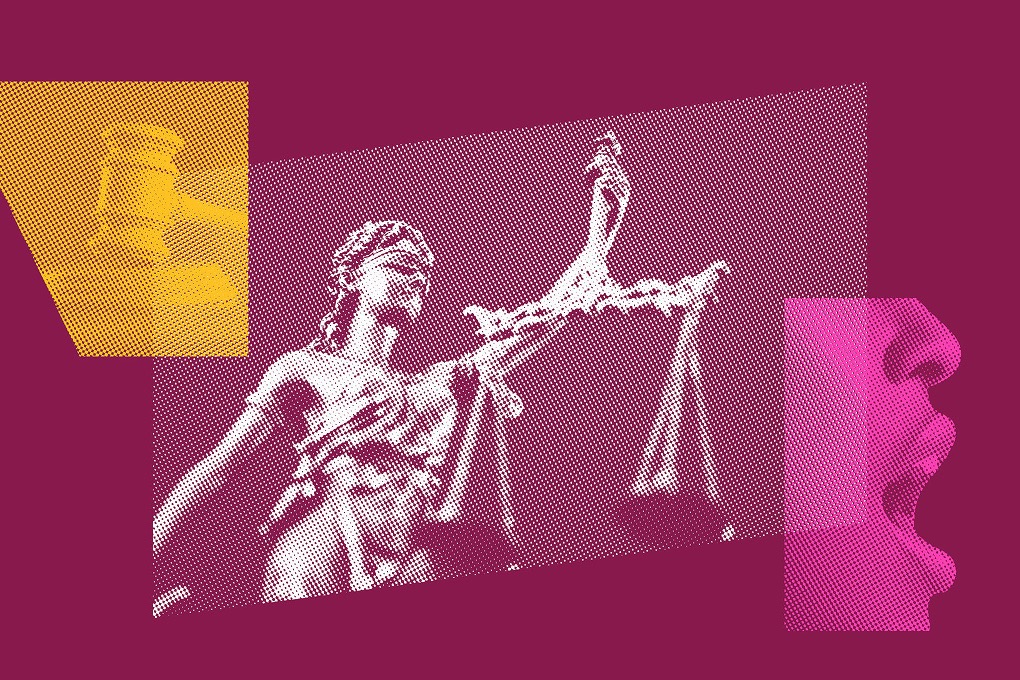On Wednesday, the United Nations Special Rapporteur on Contemporary Forms of Racism, Racial Discrimination, Xenophobia and Related Intolerance, Mr. Doudou Diène, continued his tour of the U.S. with a stop in New York City.
Mr. Diène began the afternoon by meeting with civil society groups that work on issues of child welfare, policing, and criminal justice. Representatives from the New York Civil Liberties Union, Center for Constitutional Rights, Fortune Society, Justice Committee, Concerned Citizens for Family Preservation, Parents in Action, Child Welfare Organizing Project and People United for Children participated in the meeting.
A common thread that emerged from the discussion was the ongoing criminalization of people of color in New York City. This criminalization takes place in the child welfare, education, and criminal justice systems. Several speakers, including Fola Campbell of Concerned Citizens for Family Preservation, Sharonne Salaam of People United for Children, and Jessica Sanclamente of Justice Committee, noted that the trend now extends to criminalizing increasingly younger children of color.
Student Chelsea Fraser and her mother, Diana Silva, testified about then 13-year old Chelsea's arrest last spring. Chelsea was arrested at her Brooklyn middle school for writing the word "okay" on her school desk. She described the humiliation she endured first being arrested in front of her classmates, and later being ridiculed by police officers when she was handcuffed for hours to a pole in the precinct. Even now, Chelsea said, her classmates mock her over the arrest.
The decision made by Chelsea's school administrators and school safety agents to discipline her in a humiliating and traumatizing manner violates several human rights principles concerning children including the Convention on the Rights of the Child requiring school discipline to be administered "in a manner consistent with the child's human dignity." Along with Somalia, the U.S. remains the only U.N. member country not to have agreed to be bound by this Convention.
Mr. Diène then toured Harlem and the Bronx and met many more New Yorkers, among them housing and immigration advocates. On Thursday morning, he attended a public hearing at the Schomburg Center for Research in Black Culture. People who testified at the hearing included the mother of Sean Bell, a young African-American shot to death by New York City police officers in 2006, who addressed police violence; pastor Melvin Wilson of the large Saint Luke African Methodist Episcopal Church, who spoke about the historical roots of racism; and Esmeralda Simmons, Executive Director of the Center for Law & Social Justice at historically black Medger Evers College, who spoke about education. The meetings and hearings put faces on the statistics and anecdotes that demonstrate the U.S. government's almost total non-compliance with its international human rights obligations.
One of the avenues of relief for victims of racism we learned about was the important but often over-looked process of filing individual complaints with the United Nations. As we look to our government to join the rest of the world in an international dialogue on issues of race, we must also take the opportunity ourselves to participate and use this mechanism to tell our stories and address the issues impacting our communities.

